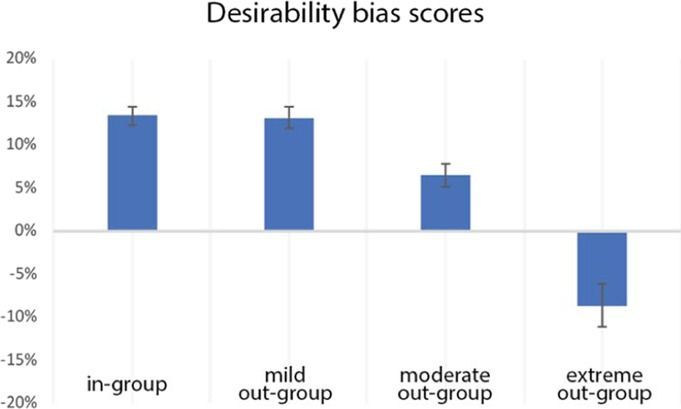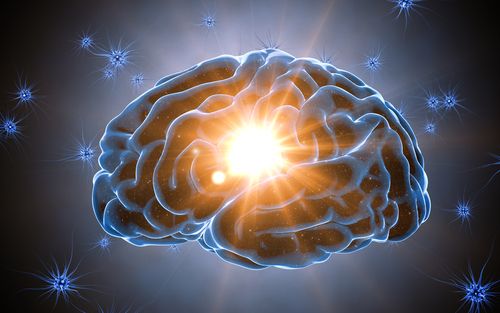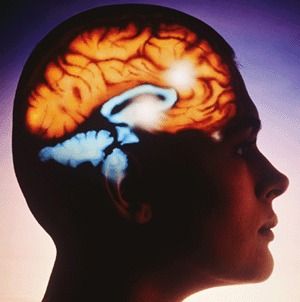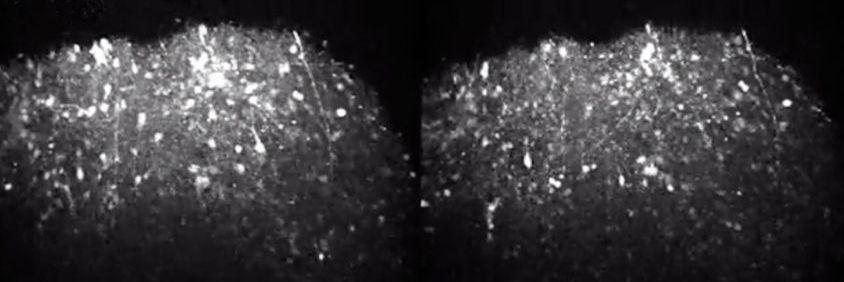Optimism bias, i.e. expecting the future to hold more desirable than undesirable outcomes, also extends to people that we like or admire. However, it remains unknown how the brain generates this social optimism bias. In this study, respondents estimated the likelihood of future desirable and undesirable outcomes for an in-group and three out-groups: warm-incompetent, cold-competent, and cold-incompetent. We found a strong social optimism bias for the in-group and the warm out-group and an inverted pattern for the cold-incompetent out-group. For all groups, scores of social optimism bias correlated with the brain activity in structures that respondents differentially engaged depending on the target social group. In line with our hypotheses, evaluating the in-group recruited the ventromedial prefrontal cortex and the precuneus/posterior cingulate cortex, whereas evaluating the warm out-group engaged the posterior insula, mid cingulate cortex, and somatosensory cortices. These findings suggest different underlying cognitive mechanisms of social optimism bias for these groups, despite similar behavioural patterns. Thinking about the cold out-groups recruited the right anterior temporal lobe, and temporoparietal junction. Evaluating the cold-incompetent out-group additionally recruited the anterior insula, inferior frontal cortex and dorsomedial frontal cortex. We discuss these neuroimaging findings with respect to their putative cognitive functions.







